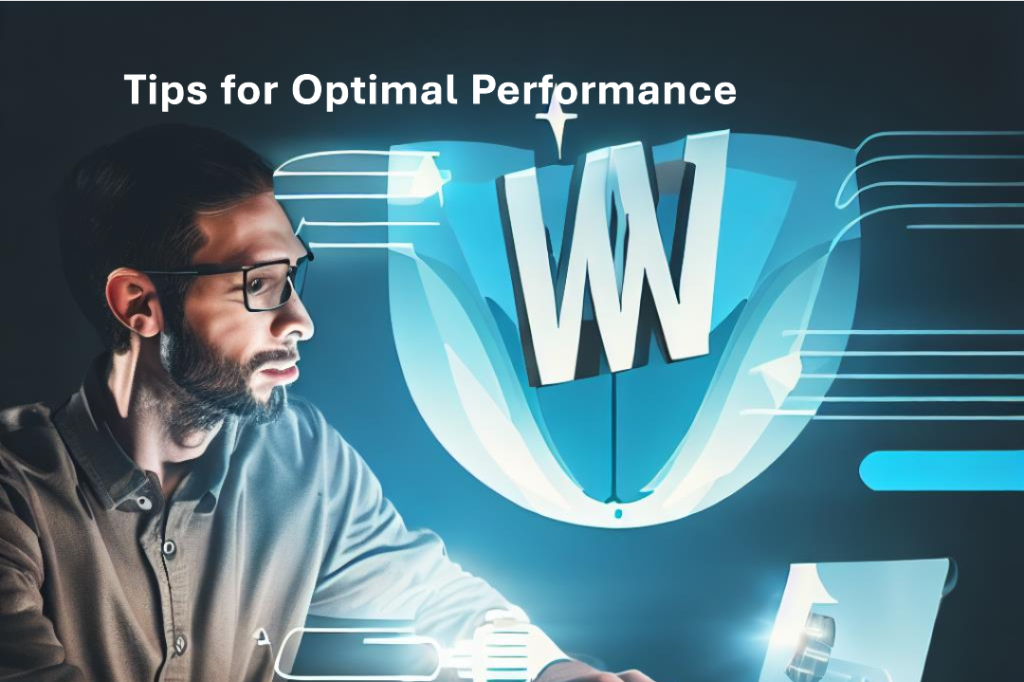WordPress is a popular platform for building websites, but with popularity comes a few drawbacks. One of the biggest concerns with WordPress is its performance. A slow website can lead to a bad user experience, and can negatively impact search engine rankings.
In this article, we’ll cover some tips for optimizing the performance of your WordPress website, and provide a table with performance factors, action items, and links to further resources.
1. Choose a Fast and Reliable Hosting Provider
Your hosting provider plays a critical role in the performance of your website. Choose a fast and reliable hosting provider that has a good track record of uptime and server response times. Some recommended providers are WP Engine, Kinsta, and SiteGround.
| Performance Factor | Action Item | Links |
|---|---|---|
| Hosting Provider | Choose a fast and reliable hosting provider | WP Engine, Kinsta, SiteGround |
2. Optimize Images
Large images can slow down your website. Optimize images before uploading them to your website. You can use image optimization tools like TinyPNG, Compressor.io, or Imagify.
| Performance Factor | Action Item | Links |
|---|---|---|
| Image Optimization | Optimize images before uploading | TinyPNG, Compressor.io, Imagify |
3. Minimize HTTP Requests
Minimize the number of HTTP requests your website makes. HTTP requests occur when a browser fetches a resource from the server. Reduce the number of CSS and JavaScript files, and consider using a content delivery network (CDN) to host static resources.
| Performance Factor | Action Item | Links |
|---|---|---|
| HTTP Requests | Minimize the number of HTTP requests | Use fewer CSS and JavaScript files, consider using a CDN |
4. Use a Caching Plugin
A caching plugin can improve the performance of your website by caching pages and posts. This means that the server doesn’t have to generate the page every time it’s requested, resulting in faster page load times. Popular caching plugins include WP Super Cache, W3 Total Cache, and WP Rocket.
| Performance Factor | Action Item | Links |
|---|---|---|
| Caching | Use a caching plugin | WP Super Cache, W3 Total Cache, WP Rocket |
5. Optimize Your Database
Optimizing your database can improve the performance of your website by reducing the size of your database and improving query speeds. You can use a plugin like WP-Optimize or WP-Sweep to clean up your database.
| Performance Factor | Action Item | Links |
|---|---|---|
| Database Optimization | Optimize your database | WP-Optimize, WP-Sweep |
6. Use a Content Delivery Network (CDN)
A CDN can improve the performance of your website by distributing static content to servers around the world. This means that users can access your website from a server that’s closer to their location, resulting in faster load times. Some popular CDNs include Cloudflare, MaxCDN, and Amazon CloudFront.
| Performance Factor | Action Item | Links |
|---|---|---|
| Content Delivery | Use a content delivery network | Cloudflare, MaxCDN, Amazon CloudFront |
By implementing these tips, you can supercharge the performance of your WordPress website. Use the table above as a reference to identify performance factors and take action items to optimize your website. Remember, a fast and responsive website is crucial for providing a great user experience and improving your search engine rankings.
